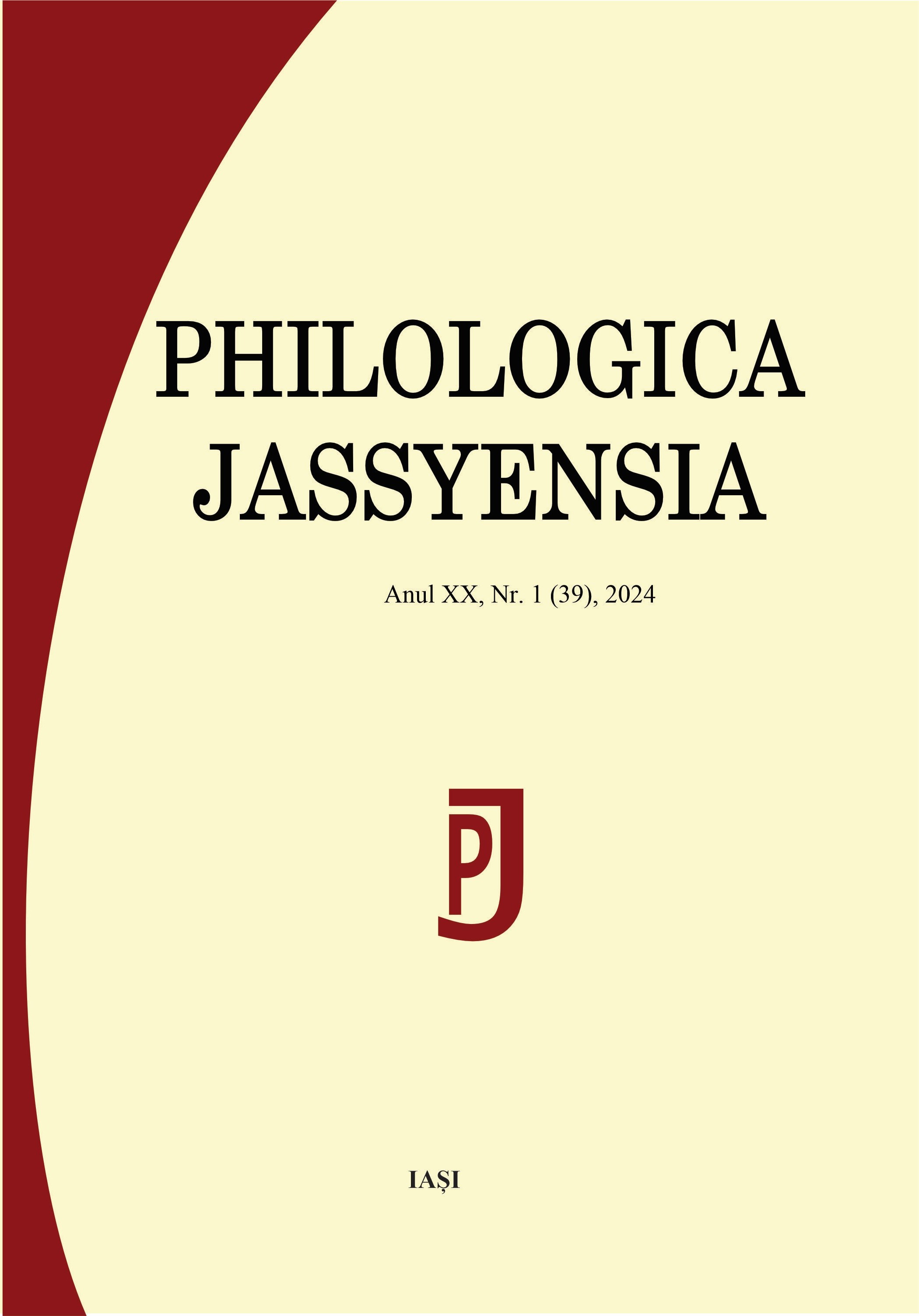Double Negation as a Verum Focus Effect in a Negative Concord Language
Double Negation as a Verum Focus Effect in a Negative Concord Language
Author(s): Mihaela Cristescu, Emil IonescuSubject(s): Historical Linguistics, Descriptive linguistics
Published by: Editura Tracus Arte
Keywords: negative concord; double negation; universal quantifier; emphasis; verum focus; Romanian;
Summary/Abstract: The paper proposes an answer to the question of how a language of (strict) negative concord may evince double negation reading in negative clauses with N-words. The question is justified, because according to Giannakidou (2006), languages of strict negative concord cannot express double negation.Romanian is a language of strict negative concord and no consensus exists among researchers, as far as the double negation reading of negative clauses with N-words is concerned. For this reason, we designed and conducted an experiment which shows that double negation is an interpretive option in negative clauses with N-words, even if it is not recognised by all the native speakers. Our experiment also reveals that speakers’ interpretive options with respect to this topic are very diverse. In order to account for them, we propose a theory that explains the duality negative concord/double negation. The theory consists of a number of rules which pairs the prosody of the N-words with their meaning and use. The theory relies on two theses: (i) N-words in Romanian are universal quantifiers sensitive to negation and scoping above it; (ii) emphatic accent on N-words in Romanian marks either the wide scope of the N-words with respect to negation, or the speaker’s verum attitude (Höhle 1992) towards the interlocutor’s utterances. In the literature, the verum attitude is called Verum Focus. When emphasis expresses verum focus, it means agreement or disagreement of the speaker with the truth of the utterance held by the interlocutor. Disagreement amounts to rejecting the truth commitment. If the interlocutor’s utterance is negative and contains N-words, rejecting the truth commitment is asserting its opposite. This yields the double negation effect.In the final section we compare our approach to other solutions already proposed in the literature, and prospect the chances of extending it to other negative concord languages.
Journal: Philologica Jassyensia
- Issue Year: XX/2024
- Issue No: 1 (39)
- Page Range: 37-60
- Page Count: 24
- Language: English

